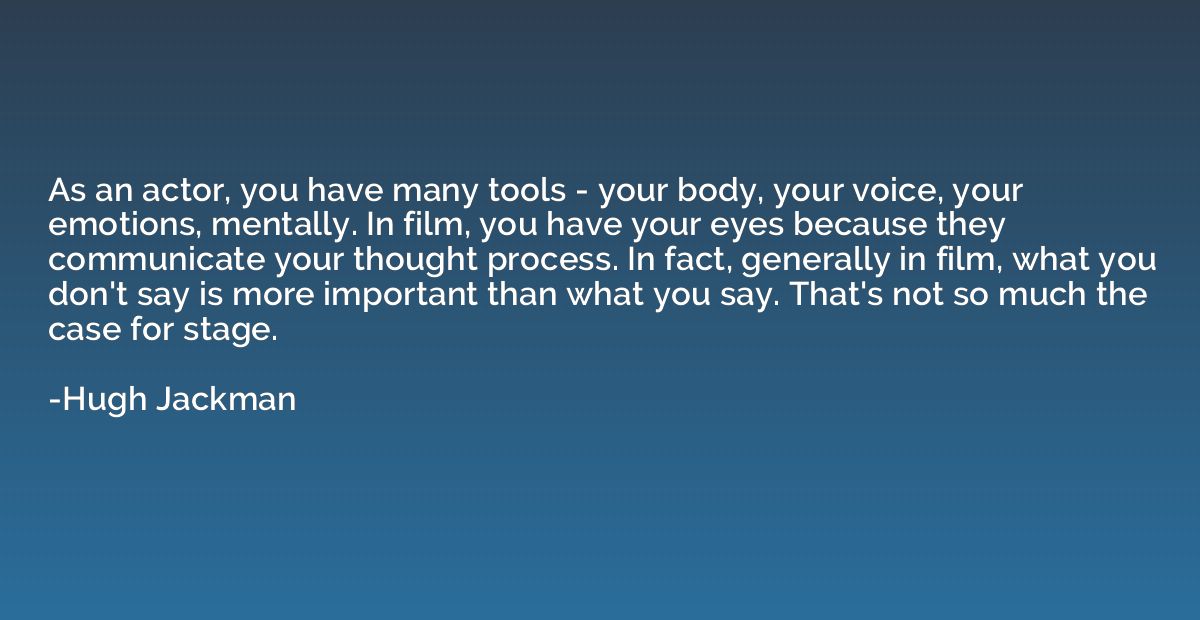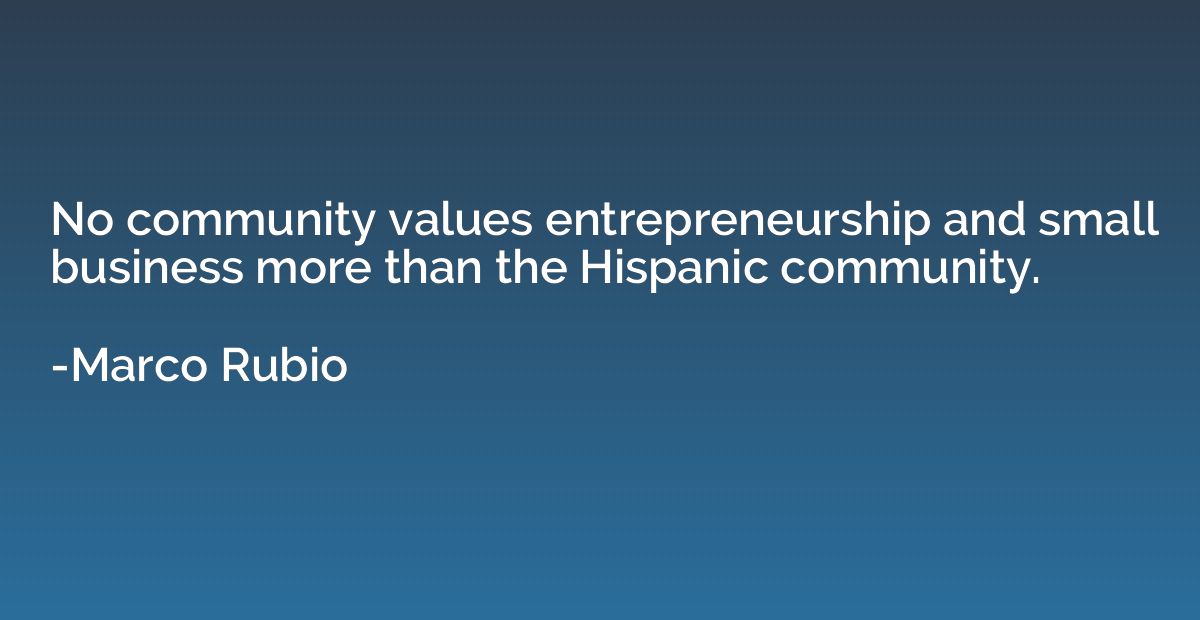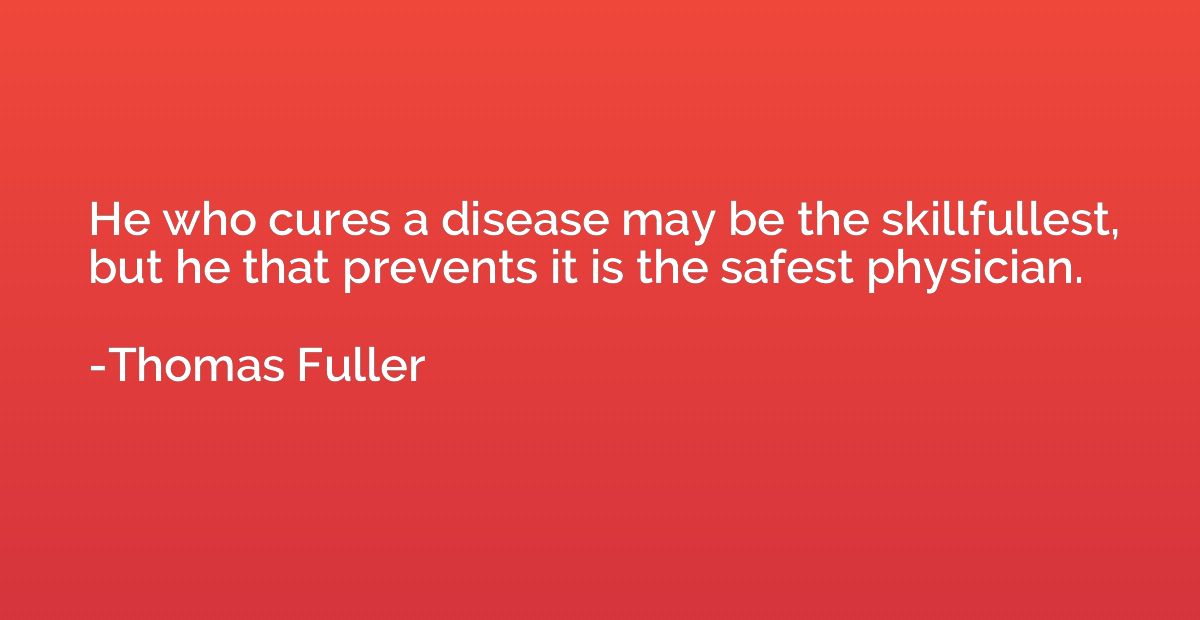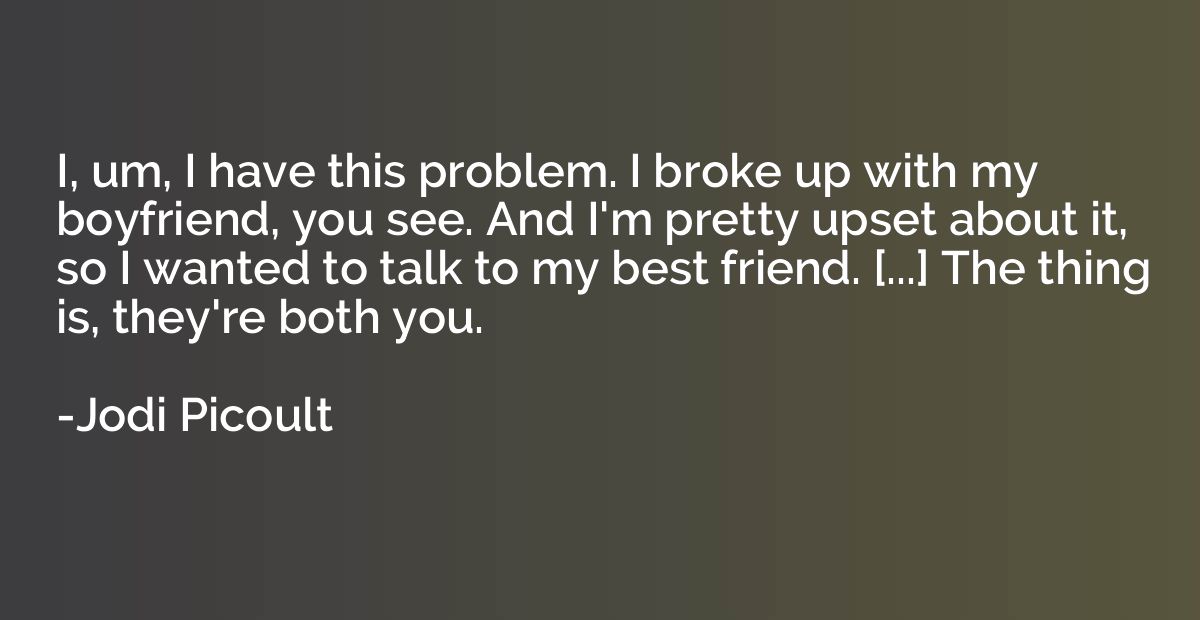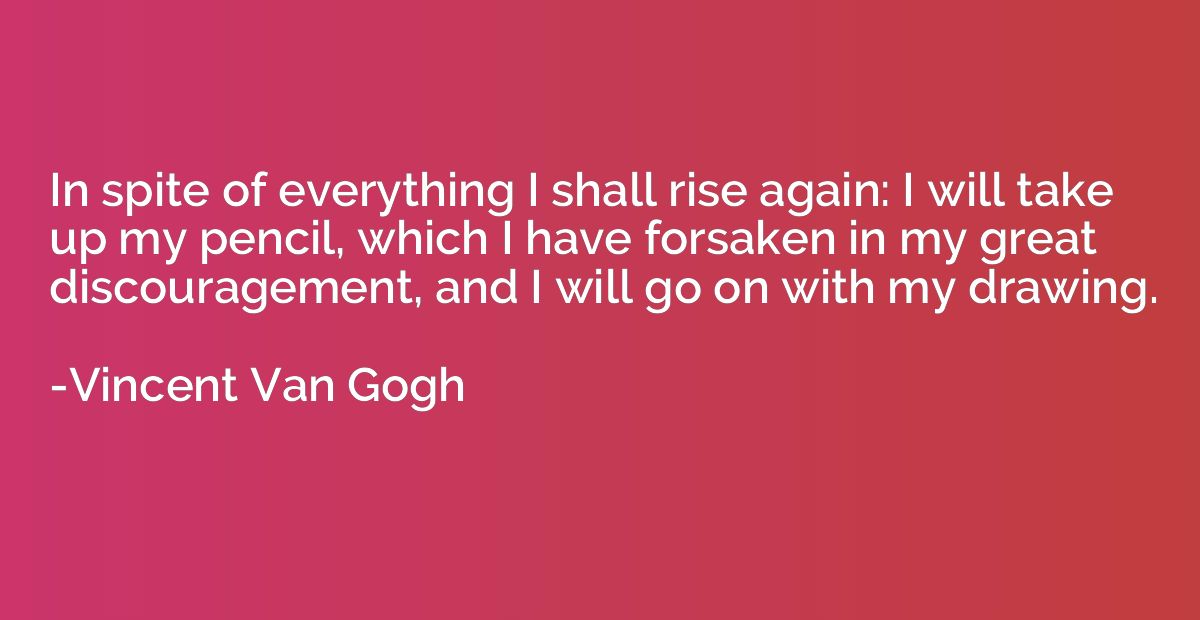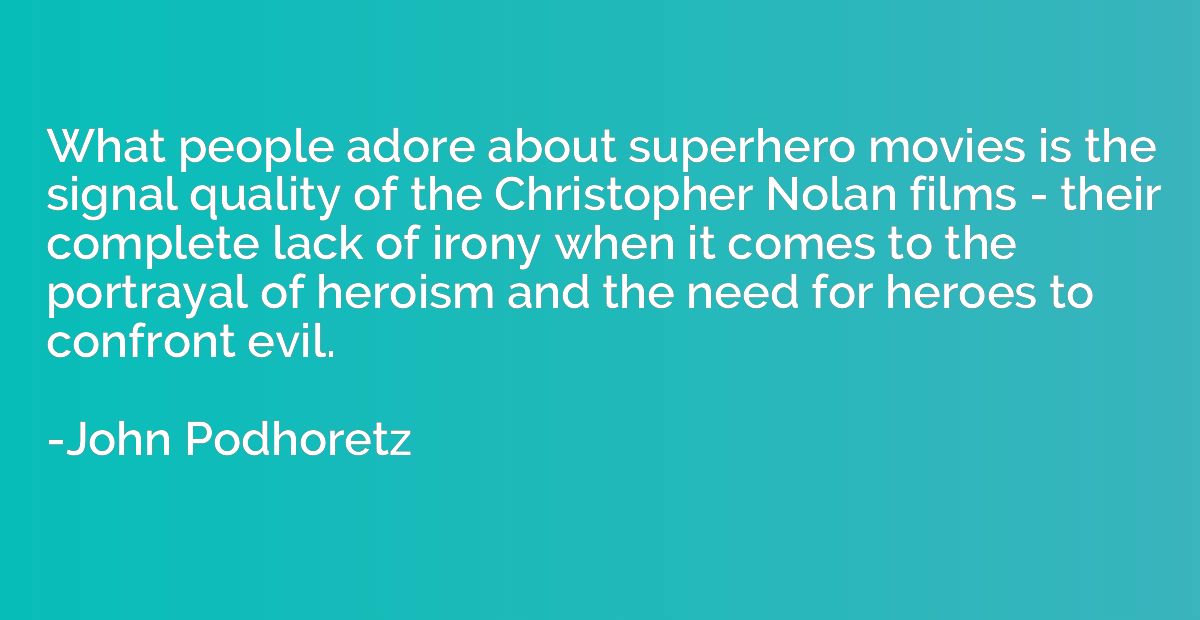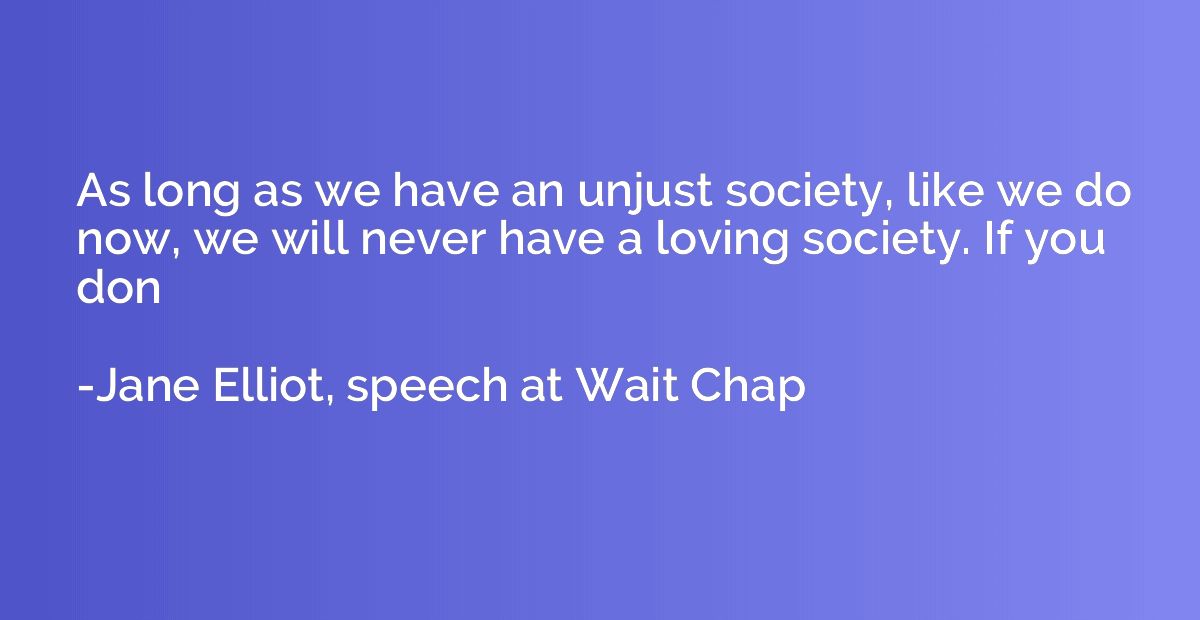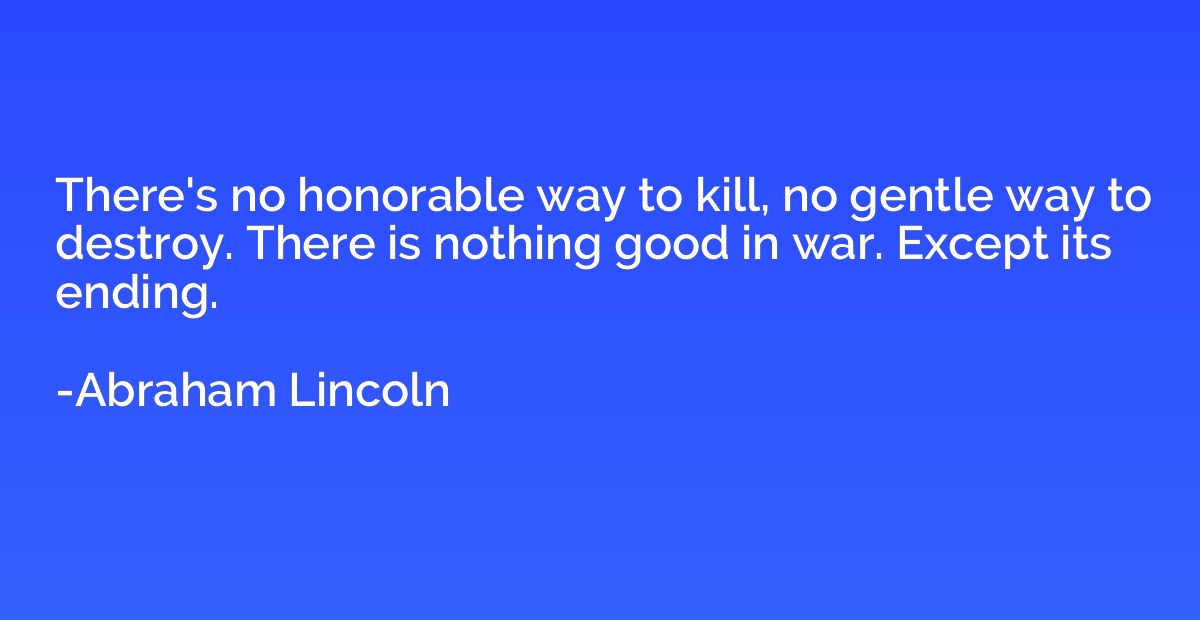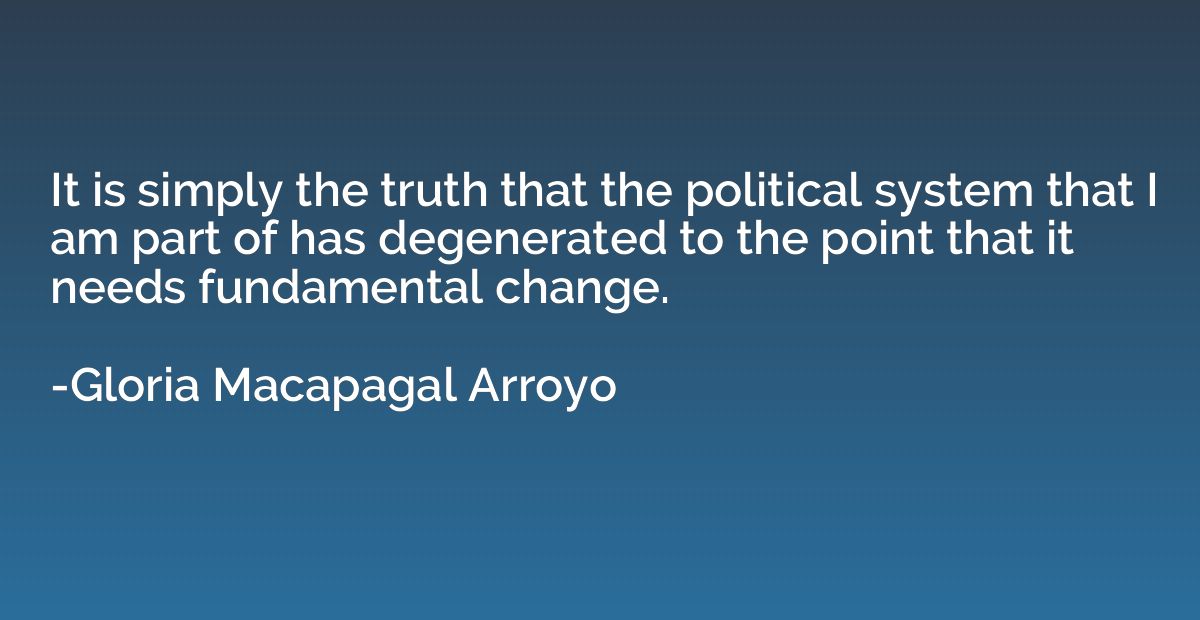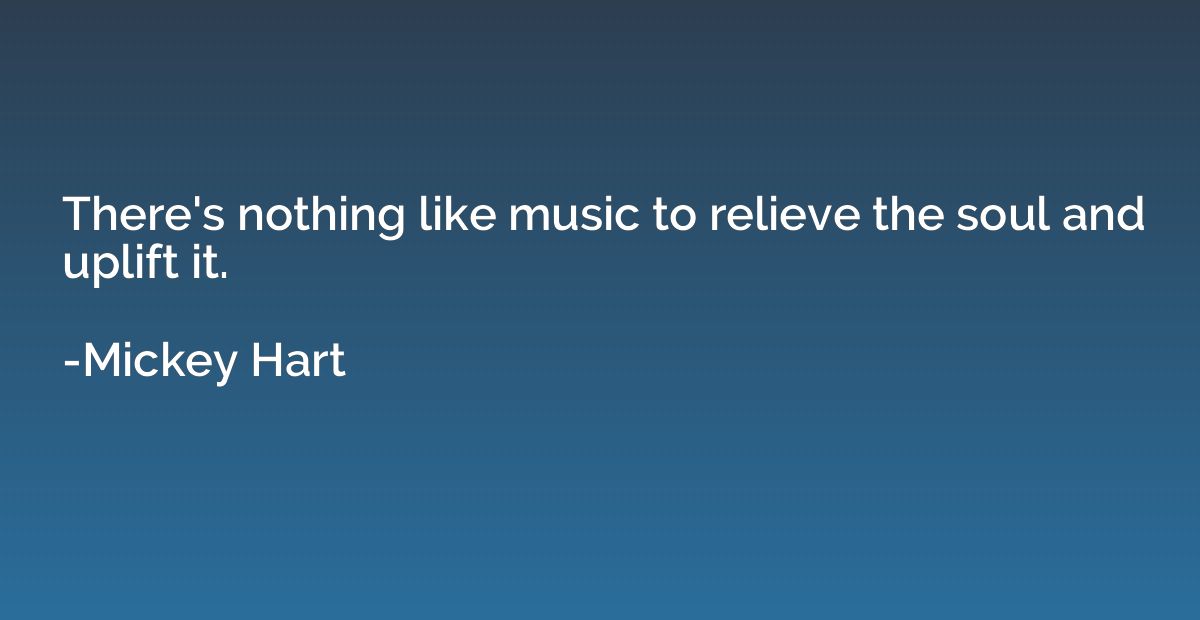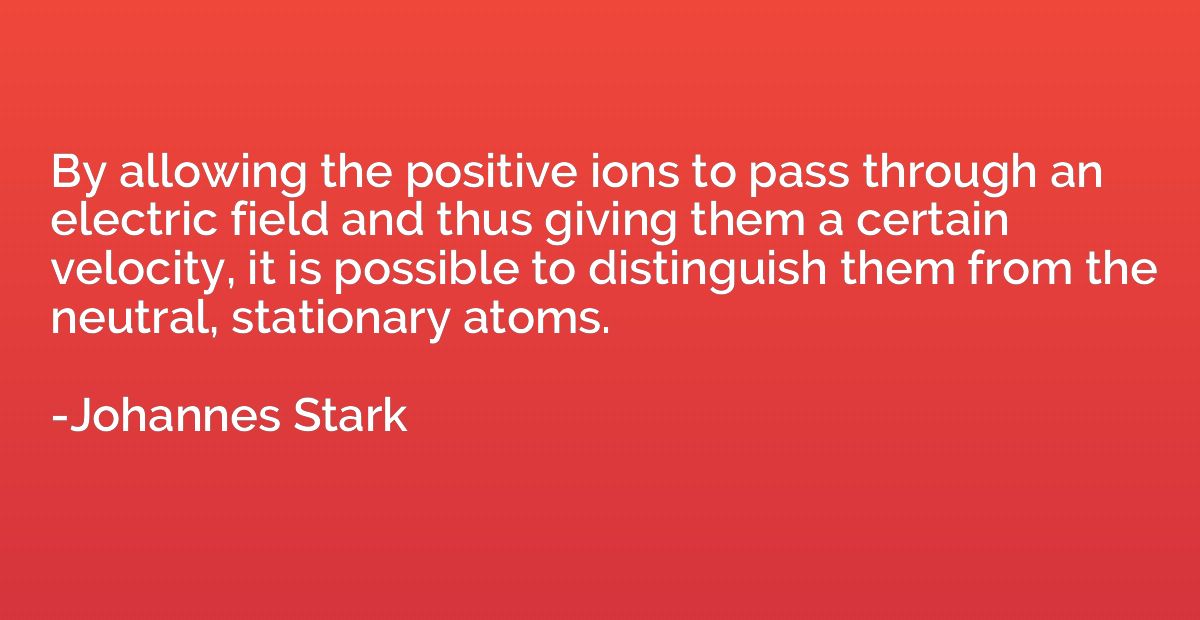Quote by John Fitzgerald Kennedy
Dont teach my boy poetry, an English mother recently wrote the Provost of Harrow. Dont teach my boy poetry; he is going to stand for Parliament. Well, perhaps she was rightbut if more politicians knew poetry, and more poets knew politics, I am convinced the world would be a little better place to live on this Commencement Day of 1956.
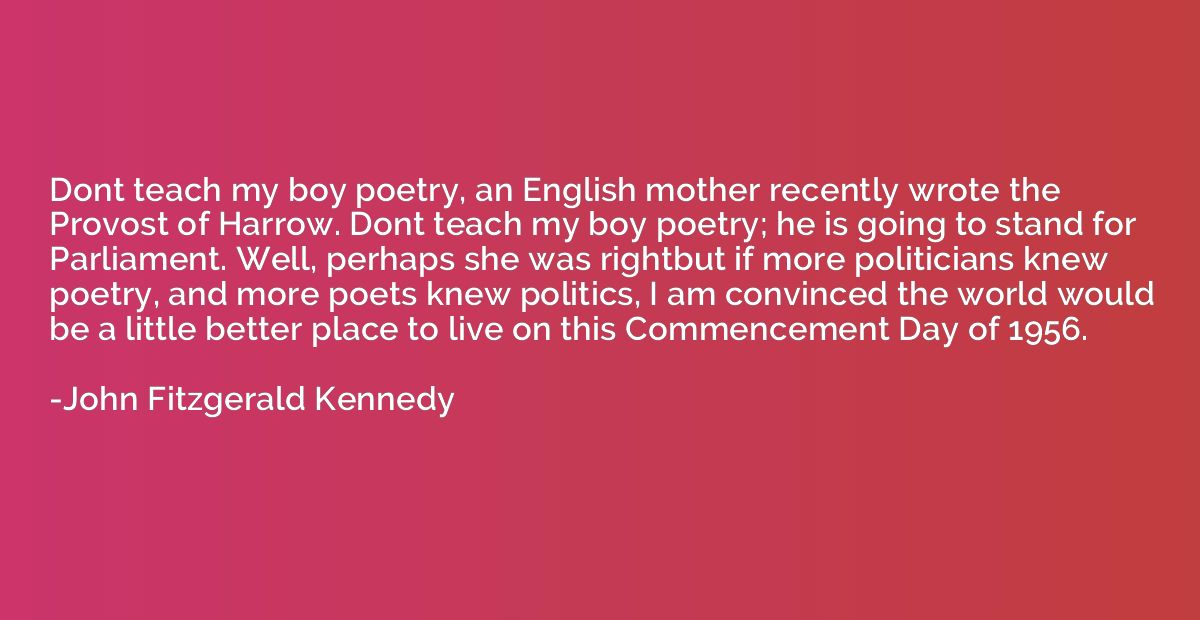
Summary
This quote highlights the perception that studying poetry is not beneficial for someone aspiring to become a politician. However, the speaker disagrees and suggests that if politicians were acquainted with poetry and poets had a better understanding of politics, it would contribute to improving the world. The quote emphasizes the importance of merging these two seemingly different realms of knowledge, implying that the combination of poetic and political perspectives can lead to positive change. This sentiment is expressed on a specific commencement day in 1956, indicating the speaker's hope for a better future.



